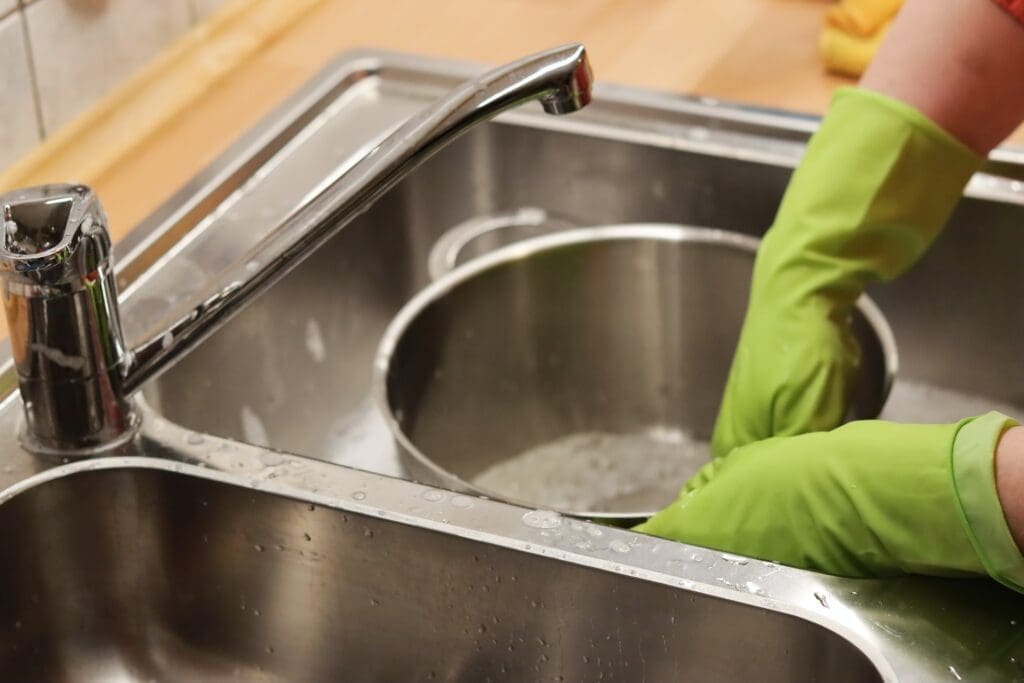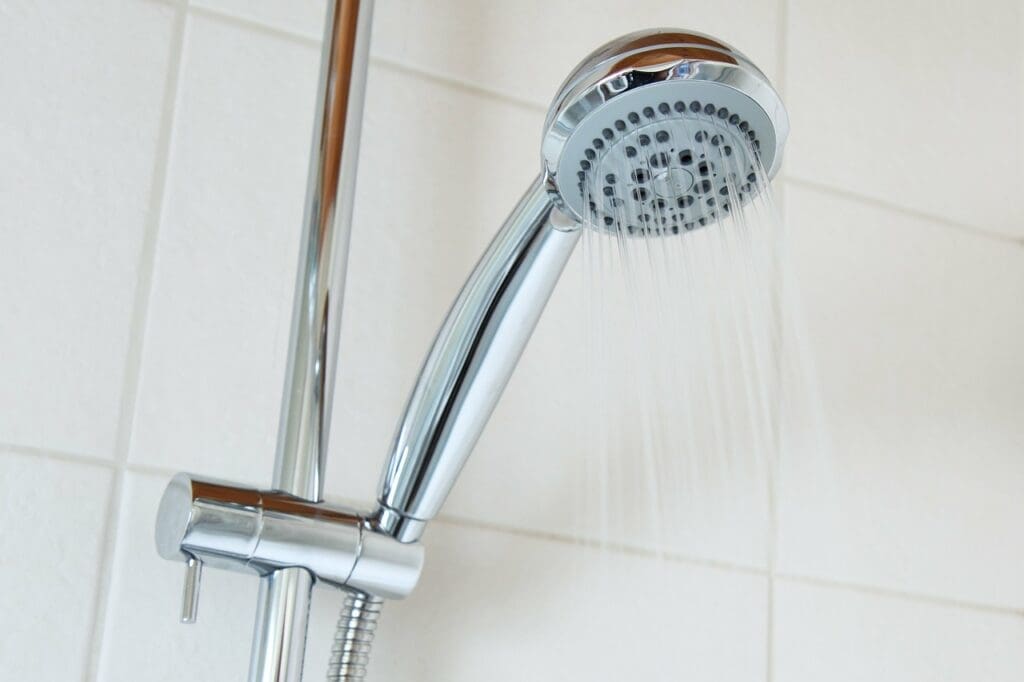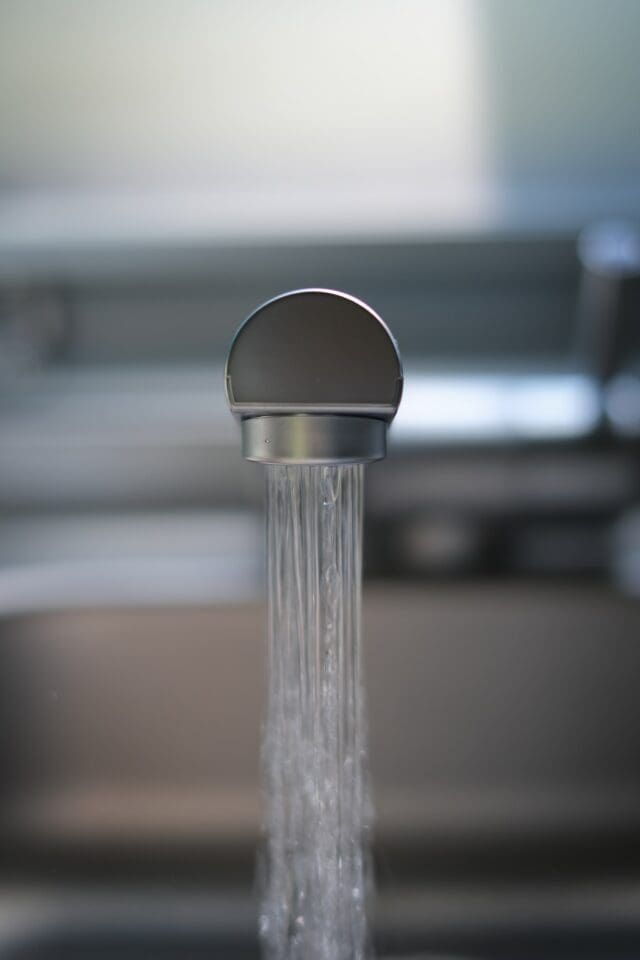During the winter months, proper heat and water are needed for all apartments, but so many of them can go without for days. This could happen because of negligent landlords or tenants that ignore their rights. If you are renting an apartment without hot water, read further to learn what you should do.
All buildings are required by law to provide heat and hot water during winter. What to do if you don’t have these two? Simply put: call the lifeline and respectfully ask them to take your complaint seriously. Don’t worry. If you don’t want them to know your name, you can complain anonymously. If giving calls is your least favorite thing to do, then you can submit your complaint online.
Once you will do so, the landlord will be notified and visit your apartment to see if the issues are resolved or solve them by himself. But, of course, they must pay for any issue, especially if it’s gotten worse over the years. Being a tenant and not having hot water is such a disappointment.
According to research, the landlord must pay a fee of around $500 for each hot water violation. Even if the issue appeared during summertime, there is no reason why you should support the costs. The landlord must correct the problem as soon as possible.

“Why there is no hot water in my building?”
Theoretically, the reason why your building has no hot water is that the water heaters are broken. Regardless of the reason, it is very frustrating to wait too long to heat the water or have none at all. It’s wise to determine the cause of the issue, so you can find options to fix it. Or to notify your landlord about it. ‘
Sometimes, the easiest way to solve this issue is to wait a couple of hours until the water heater reheats again. Unfortunately, because of excessive use, most people easily run out of hot water, and they don’t understand why this happens. However, if you still don’t have hot water, there must be a fault somewhere.
If your water heater comes from the tank, then the issue might be because of its size. Smaller water tanks tend to not save up much water, so find the right size for you and your family.
The water heater has no gas supply
Most of the time, the gas supply is a big problem. So, if you find out that there is no hot water in the gas water heater, check the gas supply state. You might have unintentionally turned off the gas supply. If this happened, switch the gas to “pilot.”
There is a gas leak
A gas-related product has no color and no smell. When gas starts to smell like sulfur, it signals that there’s a leak somewhere. If the gas valve is broken, then you should replace it immediately.
If the section is flooded, it means that the water produces leaks, and it can cause malfunctions, especially if it gets to the thermostat. Sometimes, the heating elements may be the reason why no hot water runs in your building. Water heaters last for a couple of years, so replacing them isn’t a bad idea, rather than fix an old one. When replacing your heating elements, make sure that you turn off the water heater, or ask a reliable professional to have it fixed for you.
Water leaks are perhaps the most common cause why no hot water problems show in the first place. Or, the thermostat is faulty, which is the reason why you don’t have hot water. If you are not financially stable right now to buy a new boiler, don’t worry: there are other solutions. Many companies deliver boiler rentals solutions when you need them most.
Imagine going to shower and suddenly realize that there’s no hot water once you turn the know. Cold and refreshing water will give you unpleasant feelings as you start to worry about what’s causing your heater not to function. Most people will assume that this issue will require replacement, and in most cases, it does. But there are many reasons (including those above) that might cause your hot water supply to not work.


Call in the professionals
No matter how hard we try or how much you would want to solve the problem, the technical nature of a water heater repair can be correctly managed by a professional. Call the professionals to fix your water heater before it damages other elements or stops the thermostat from functioning, as well. If your hot water heater already rated the 10-year lifespan, then it needs replacement. A new water heater might be more efficient, rather than investing money on repairs in your old one.
As time pass by, water flows through the heater, and sediment can build up in the tank and sink to the bottom. This can limit the water that runs through the tank, resulting in not having hot water at all. To reduce the residue build-up, use a special powder to diminish the build-up inside the water heater. Or call a professional company that can help.
To simply put, there is a chance that you might use too much hot water! This can cause it to run out of hot water, maybe quicker than you would think. For example, if the whole family is showering at the same time, your water heater could fight to keep up with the request. Thus, try to limit water usage, and at the same time, take a shower when other appliances aren’t running. Also, depending on the area you live in, you might need proper insulation of the pipes, especially when winter hits. When temperatures drop significantly, the pipes might freeze, and the water flows out.
Check the water heater and insulate it properly if you think that this might be a good solution.
Featured Photo by Leif Christoph Gottwald on Unsplash




